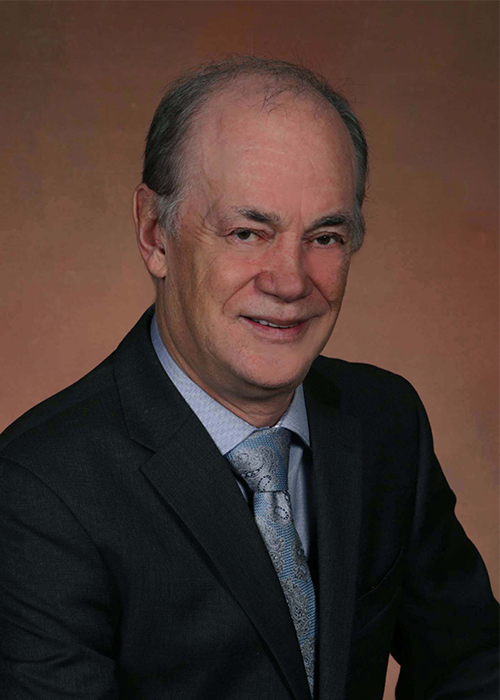The loss also means Roussel will no longer serve as the provincial minister of agriculture, mines and rural affairs. He assumed the position in May.
Roussel was confident leading up to the election, pointing to his role in bringing a pilot project for industry employees to the province last month.
Through this project, about 7,000 seasonal workers could receive five extra weeks of employment insurance.
Voters “know I am the one who stood in the legislative assembly and who asked that the insurance regulations be changed, they know that,” Roussel told CBC Friday.

Wilfred Roussel
Roussel isn’t the only provincial minister to lose his riding and ministerial role in Monday’s election.
Rick Doucet, who represented Fundy-The Isles-Saint John West since 2003 and served as the minister of aquaculture and fisheries, as well as the minister of energy and resource development, was unseated Monday.
He lost to Conservative Andrea Anderson-Mason by over 1,300 votes.
Other members of the provincial government will look after the agriculture and aquaculture portfolio, said Mario Levesque, an associate professor of politics and international relations at Mount Allison University.
“If there’s no minister, and nobody else is appointed, the portfolio will be handled by the deputy ministers,” he told Farms.com. “They should be well versed in what’s going on in those specific industries. If any major decisions need to be made, the deputy ministers would bring that motion forward to the premier.

Mario Levesque
“The premier would then consult the other members of his Cabinet to make a decision on the issue.”
Aside from naming new agriculture and aquaculture ministers, grey area remains over which party will form the next provincial government.
The incumbent Liberal party won 21 seats while the Conservatives won 22. A party needs 49 seats to capture a majority government.
The Green Party and the People’s Alliance split the remaining six seats evenly.
Conservative leader Blaine Higgs has indicated he will work with a minority government, but Liberal leader Brian Gallant plans to continue governing by securing support in the legislature through a vote.
“The premier is still the premier until they tender their resignation,” Levesque said. “If the premier is 10 seats behind the other party, trying to get 10 people to vote for their agenda might be too hard. In this case it’s only a few seats so, why not go for it?
“The premier could try to get people to cross the floor (to join their party) or to vote alongside them on issues they want to put forward on a case by case basis."
If the premier is unable to garner the necessary votes, they must submit their resignation to the Lieutenant Governor, Levesque said.
Legislative Assembly of New Brunswick/Larry Dickinson photo